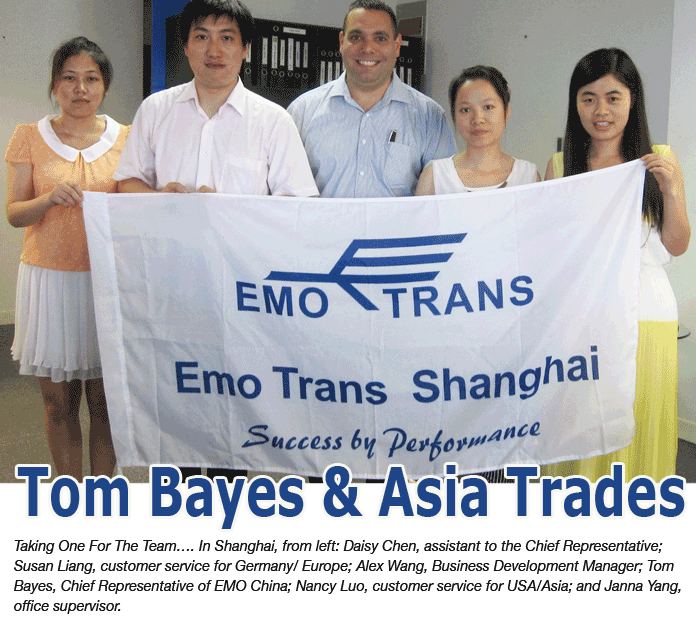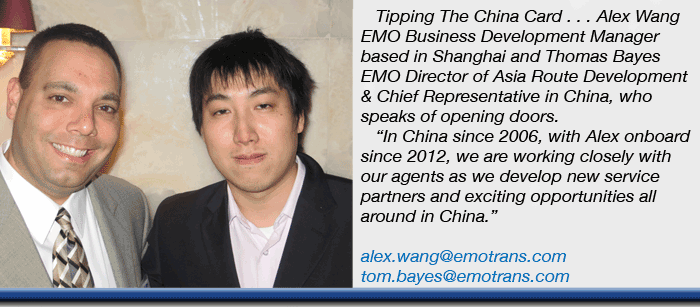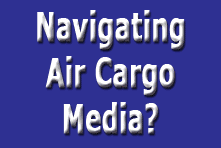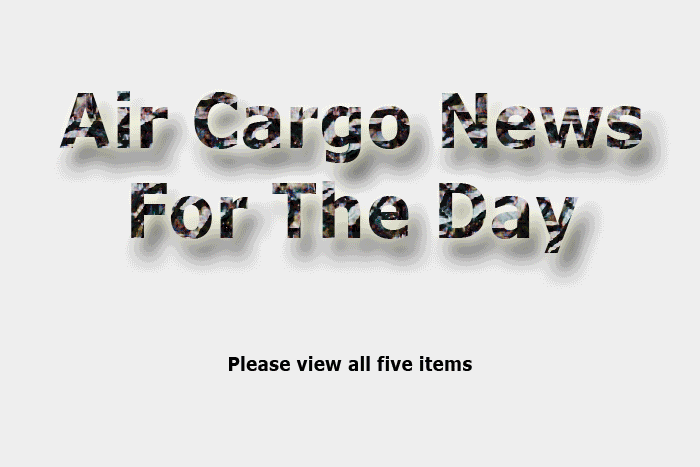
 sk
Tom Bayes, EMO Trans’ energetic Development Chief in China, where
he will unearth new business and and the answer is remarkably uncomplicated. sk
Tom Bayes, EMO Trans’ energetic Development Chief in China, where
he will unearth new business and and the answer is remarkably uncomplicated.
“Our strategy is simple.” he assures.
“We do step-by-step quarterly visits on the ground in Asia and
are engaged constantly with agents and EMO Trans employees in the region.
“Everything happens with a step-by-step
process and boots-on-the-ground market knowledge,” he insists.
“My area of coverage is China, Philippines,
Thailand, Indonesia, Vietnam, Indo China (Laos, Cambodia, Myanmar),
Singapore, Malaysia, Taiwan, and Hong Kong,” Tom explains.
As he celebrates his 20th anniversary
working for EMO Trans this month of September 2013, it is worth noting
that Tom played a key role in establishing EMO Trans in the Philippine
market, as he worked and lived there for many years.
“Gloria Legaste of Sky Freight Forwarders,
Inc. (EMO Agent Philippines) and I have worked together for the past
14 years.
“Gloria is key to our success with
the Philippines/USA Trade Lane; she exhibits great market expertise
whilst always delivering fabulous hands-on personal service,”
Tom said.

“Historically, most commerce has
centered around the major port cities in China.
“However, now we are seeing a push
inland to some of the undeveloped parts of the mainland,” he says.
“What were once largely agricultural
communities now have a real opportunity to form a strong middle class.
“The people are welcoming the chance
to work for major multinational companies.”
 |

“Today,” Tom says, “Vietnam,
Cambodia, and Indo-China are fast growing markets in terms of more cost
effective labor.
“Everything from garments and shoes
to handicrafts and furniture are sourced from these countries, but also
more high tech industries are seeing the benefits of conducting business
here.
“We’ve recently appointed
a delegate specifically to develop the Vietnam/USA Trade lane along
with our Partner SAFI,” Tom reports.
“In addition, Melissa Lines of EMO
Trans Cleveland and Ron Wahle of EMO Trans Atlanta have been able to
secure two key accounts that support our development in Vietnam—a
global manufacturer of wire/cable harnesses, thermal protectors, and
sub-assemblies, and a global supplier of metal and plastic packaging
to the beverage and food industries.”

Among the keys to continued success in
this very large and diverse part of the world, Tom rings a familiar
bell insisting that success does not just fall into your lap, but is
the result of “doing proper research, understanding what products
are already sourced from the region, and navigating each country’s
different ways of working and getting things done.”
“Whatever you’re doing business-wise
and whatever you need in this region, we can help you,” Tom Bayes
declared.
Geoffrey
|








